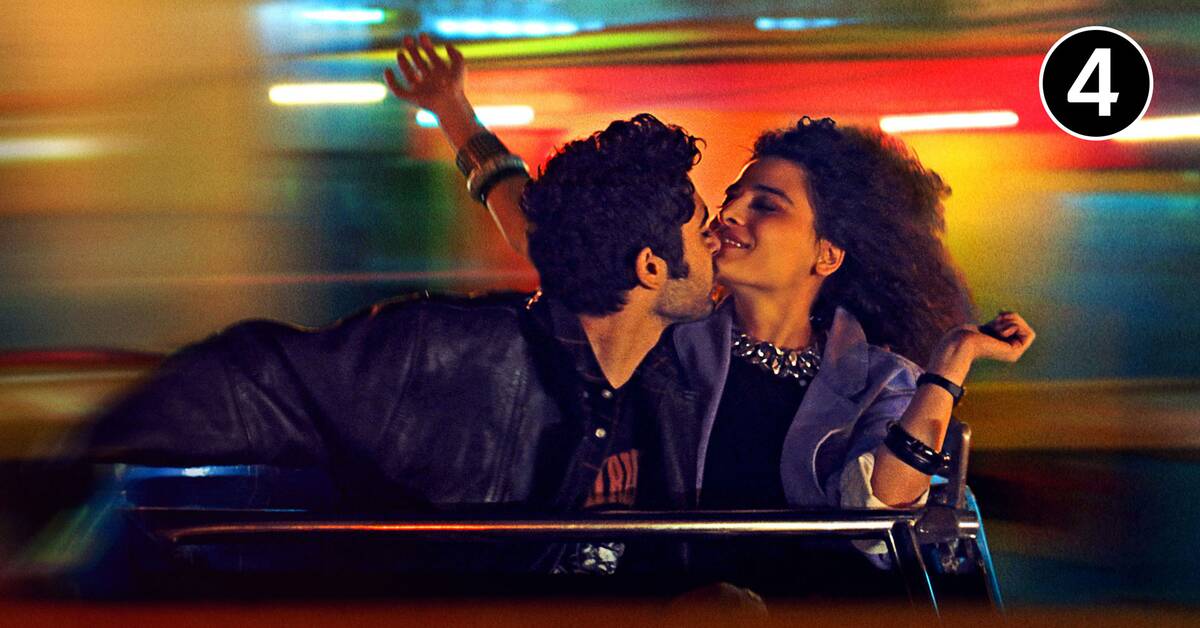The trip down the avenue-laden avenue of
memories begins in a snowy Toronto.
Teenage Alex, her mother Maia and grandmother Teta celebrate Christmas together when a messenger comes with a large package to Maia, sent by her old friend from growing up in Beirut - a period in the family's history that neither mother nor grandmother wants to bring to life.
Which makes Alex so curious that she secretly starts rummaging around in the box, which turns out to be full of Maya's memories of the civil war in Lebanon.
Alex plows through photos, diaries in the form of spoken cassette tapes, lanterns and love letters, and in this way learns more about his estranged mother, and his own origins.
And at the bottom of this Pandora's box is a family secret that cannot stand the light of day.
Or at least not yesterday's ditto.
The spiritual
and playful pictorial work takes us back and forth between 1980s Beirut and contemporary Toronto.
It's grainy Super 8, old photos and VHS video that with clever clips are intertwined with Alex's everyday life - so much so that in the end you have to keep your mental tongue right in your mouth to keep her and the young Maia apart.
Too much is the same in their respective youth lives.
The love, the music, the struggle to find your own identity.
The recognition is actually great even for a journeyman as signed and it is delivered mainly via hits by Blondie, Killing Joke, Visage and the other synth heroes from the era of the unfolded collars.
These are hopelessly aged, rather thin productions, if you listen to them now, but at the same time full of dancing nostalgia - and a gnawing feeling of discomfort.
No, the youth years
in a Swedish townhouse can obviously not be compared to Lebanese war anxiety.
When Maia was hanging out in a car on a hill, there was a civil war going on down in the valley.
When she partyed at the disco, the electricity went off because a bomb had exploded nearby.
Completely different perspectives, that is, but still similar.
On a basic human level.
Which is one of the film's many benefits;
its ability to make the specific universal.
It makes everyday life in the hell of war more tangible.
Of course, the step to today's Ukraine is not far either;
which gives
Memory box
additional pregnancy and timeliness.
It's about people whose lives abruptly go from party to fight, about crouching in shelters, about a hometown that suddenly turns into ruins.
Although the camera rarely goes into close-up during the war, it is always there in the background.
As a constantly hovering threat.
Filmmakers
Joana Hadjithomas and Khalil Joreige are well known at the festival circus and big in their home country, alternating conventional film work with various forms of visual art, which is noticeable here in a creation that is full of life and forward movement - even though it tells heavy things, such as how the heavy shackles of the civil war are dragged from generation to generation.

